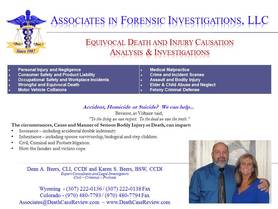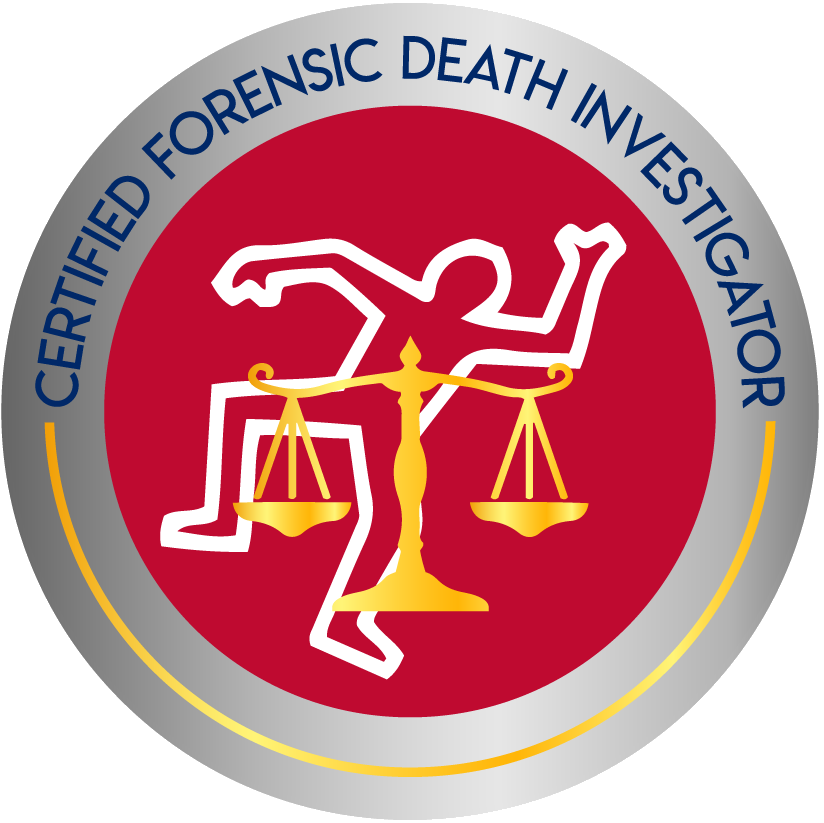
From civil and criminal charges to hereditary issues. It may even have unintended consequences.
(this post is not about the death penalty or defense strategy)
A recent revelation that the coroner's report has now been modified [amended from 'Homicide' to 'Undetermined'] does little immediately to change Montour's conviction for murdering his daughter in 1998, but the former prosecutor told 9Wants to Know he relied "almost exclusively" on medical reports that have now come into question.
In a court filing made public Tuesday afternoon, Edward Montour's attorneys argue Montour - on trial for killing a Colorado corrections officer in 2002 - was wrongly convicted of murdering his 11-week-old daughter Taylor Montour in 1998.
Montour's defense believes Taylor Montour died not as a result of abuse, but due to brittle-bone disease. "Today, there are four pathologists from the largest jurisdictions in the state," read Tuesday's motion, "who all agree the cause of death is undetermined."
Our agency principals were trained and experienced with infant death investigations based on the recommendations of the Centers for Disease Control. There are specific multi-investigator and multi-jurisdictional protocols that should be followed. Medical records play a primary and important function in the investigation. However, all death investigations are empirical - medical records alone are insufficient.
Our agency provides expert consultations - including the investigative protocols - in all types of deaths, including infant deaths.
http://www.9news.com/news/article/379056/188/Death-conclusion-changed-in-murder-case
Our agency recently published a book for the lay person - A Survivors' Guide to Understanding Death Investigations - at www.UnderstandingDeathInvestigations.com
We have also developed a distance learning course for all investigators - Death Investigation and Injury Causation for Professional Investigators - at www.MedicolegalDeathInvestigations.com
"We speak for the deceased. To them we owe the truth." AFI-LLC intro video http://www.youtube.com/watch?v=OgsvtbSk8fg
-----
Dean A. Beers, CLI, CCDI and Karen S. Beers, BSW, CCDI
Board Certified Legal Investigator / Expert
Board Certified Criminal Defense Investigators
Certified in Medicolegal Death Investigations / former Deputy Coroners
Associates in Forensic Investigations, LLC
Expert Consultants and Legal Investigators
Personal Injury, Negligence & Death in Civil, Criminal and Probate Litigation
www.DeathCaseReview.com ~ [email protected]
(970) 480-7793 Office (Dean x1 / Karen x2) and (970) 480-7794 Fax
'Quaero Indicium' - To Find The Evidence



